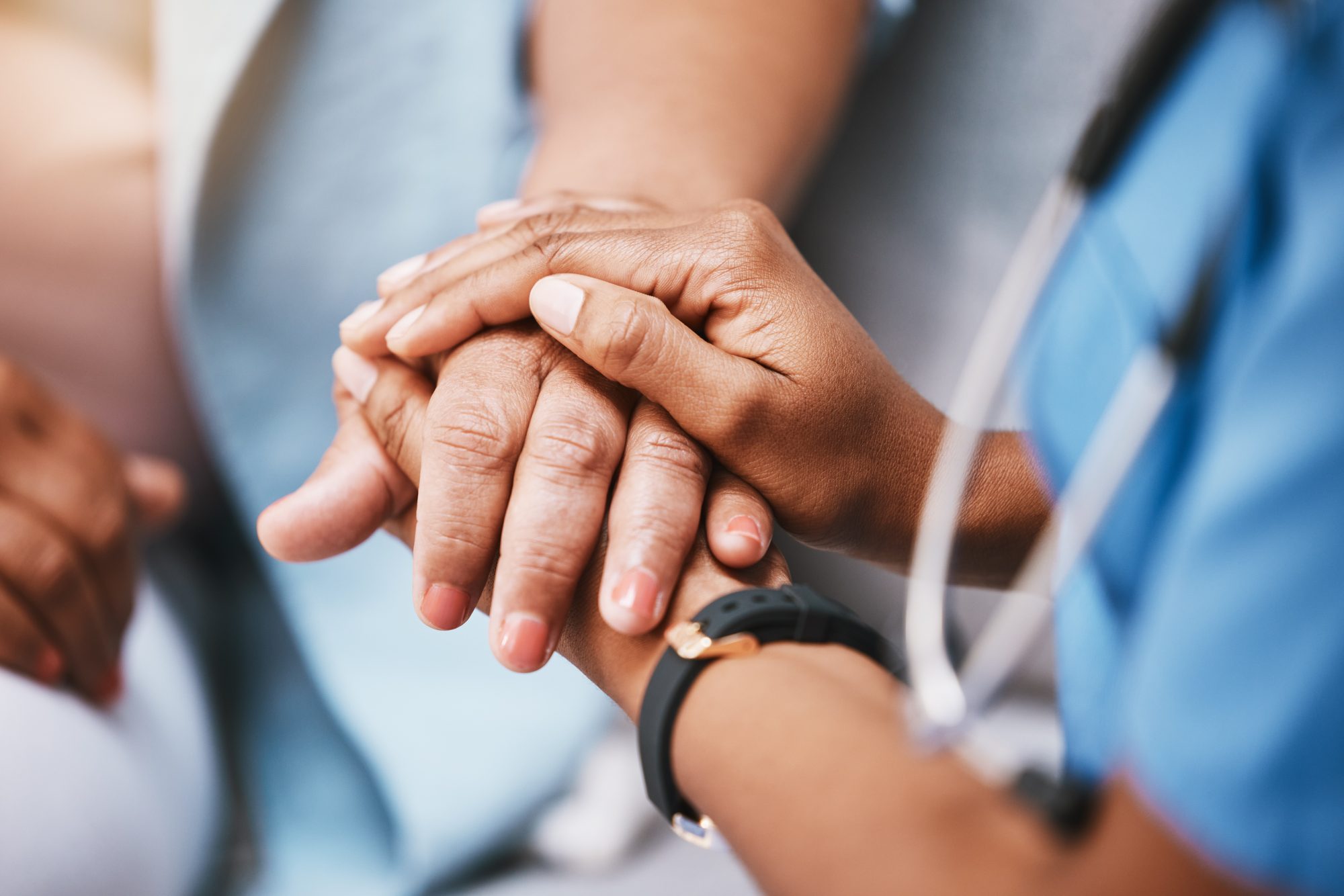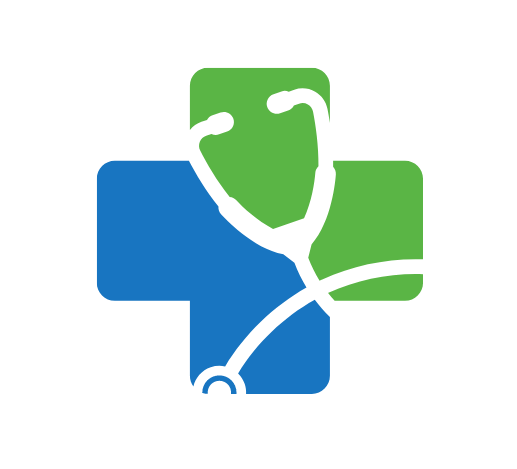
It’s not rare to hear patients say, “I trust that doctor because they listened.” In clinics from Istanbul to Dubai, that emotional memory outlives dosage instructions. Empathy doesn’t just build connection—it improves outcomes. When patients feel understood, they describe symptoms more accurately. That leads to better diagnoses, safer treatment plans, and fewer misunderstandings. In fact, a 2019 study found patient satisfaction doubled when empathy was perceived in the first five minutes.
Empathy starts before you speak—it begins with posture, presence, and silence
When a patient walks in, they assess your facial expression before your words. Sitting at eye level, making gentle eye contact, and pausing before responding—all signal presence. In Türkiye, elders often teach “dinlemek yetmiyor, anlamak gerek”—listening is not enough, understanding is required. Doctors who rush through appointments may leave patients feeling ignored, even if the advice was sound. Simply taking three extra seconds before speaking can shift the energy completely.
Language matters, especially when pain hides behind vague phrases
Patients rarely speak in textbook terms. They say “I feel tight here,” or “It burns a little.” Empathetic clinicians learn to decode emotion beneath those words. For instance, when someone says “I don’t feel like myself,” it may signal deeper anxiety. Reflecting language back gently—“I hear this pain affects your sleep”—validates their experience. In Turkey’s community clinics, doctors often use phrases like “biz buradayız,” to say “we are here for you.”
Cultural empathy deepens understanding beyond the clinical script
In multicultural environments like Dubai or major Turkish cities, culture colors every conversation. Some patients won’t make direct eye contact out of respect. Others might delay mentioning symptoms they associate with shame or stigma. Understanding these cues is as important as reading lab results. Empathy involves recognizing when silence is a message, or when hesitancy signals past trauma. You’re not just treating a body—you’re engaging with a life shaped by culture.
Empathy doesn’t mean agreement—it means understanding where fear comes from
Some patients reject advice not out of stubbornness but fear. “I don’t want that scan” might stem from trauma, not ignorance. Responding with “help me understand your concern” shifts the dynamic from authority to partnership. Doctors trained to ask rather than instruct often find patients open up more. This collaborative model empowers the patient and reduces friction. Empathy isn’t a soft skill—it’s a strategic tool for trust.
Empathy supports clearer boundaries, not blurred ones
Many fear that being too kind leads to blurred boundaries. But true empathy strengthens professionalism. It helps set limits without sounding cold. “I wish I could extend this session, but we’re out of time” feels different than “we’re done.” The first respects both parties. In high-volume clinics, like those in Ankara or Dubai’s government hospitals, boundaries must coexist with compassion. Empathy allows both to flourish.
Time pressure is real—but so is efficiency through connection
Physicians often say, “I don’t have time for empathy.” But empathy saves time. When patients trust you, they speak clearly, follow instructions better, and come back less often. A warm welcome, a validating phrase, or a soft goodbye reduces the need for follow-ups. In busy Turkish emergency rooms, even 30 seconds of genuine empathy has shown to reduce patient complaints dramatically. It’s not about more time—it’s about better use of time.
Listening to what’s not said is the essence of empathic medicine
Sometimes patients mask fear behind jokes or speak about relatives instead of themselves. “My husband’s having chest pain” might mean “I am scared and don’t know how to say it.” Empathic clinicians listen with more than their ears—they notice tone, rhythm, and withdrawal. Training yourself to catch these subtle cues creates room for truth. In Türkiye, we often say “gönül dili,” the language of the heart—it’s this unspoken dialogue that matters most.
Burnout blocks empathy—but healing revives it
Physicians experiencing burnout lose their ability to care deeply. Fatigue, paperwork, and bureaucracy drown empathy. Addressing doctor wellbeing is crucial. Clinics that invest in staff wellness often report better patient reviews. Empathy isn’t an endless well—it needs refilling. Peer support, adequate rest, and reflective practice restore it. As www.turkishdoctor.ae editöründen reminds us, healing the healer is key to compassionate care.
Empathy transforms routine checkups into moments of healing
When a patient says “thank you for listening,” it echoes far beyond the exam room. That moment becomes part of their healing journey. They feel seen, not just treated. And when they return, they return with trust, not skepticism. Empathy is not just technique—it’s intention made visible. And in healthcare, that may be the most powerful medicine of all.

 then "Add to Home Screen"
then "Add to Home Screen"